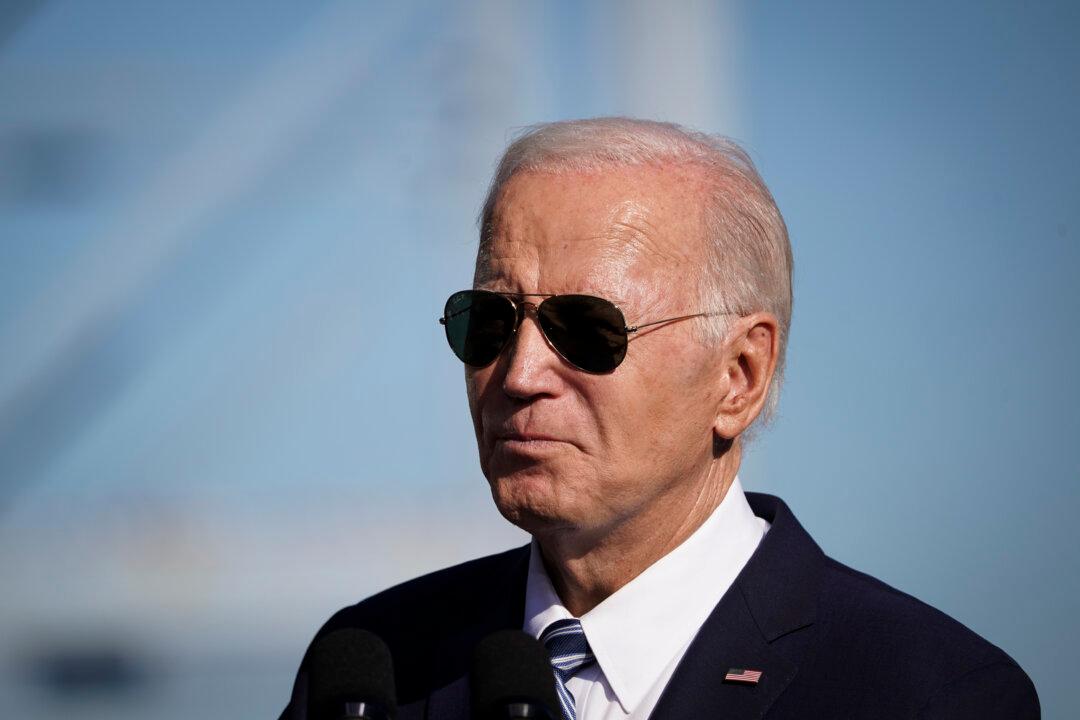President Joe Biden in a Jan. 5 interview confirmed that he is considering whether to issue preemptive pardons.
White House officials have said that Biden plans to issue additional pardons and commutations before his term ends.

President Joe Biden in a Jan. 5 interview confirmed that he is considering whether to issue preemptive pardons.
White House officials have said that Biden plans to issue additional pardons and commutations before his term ends.